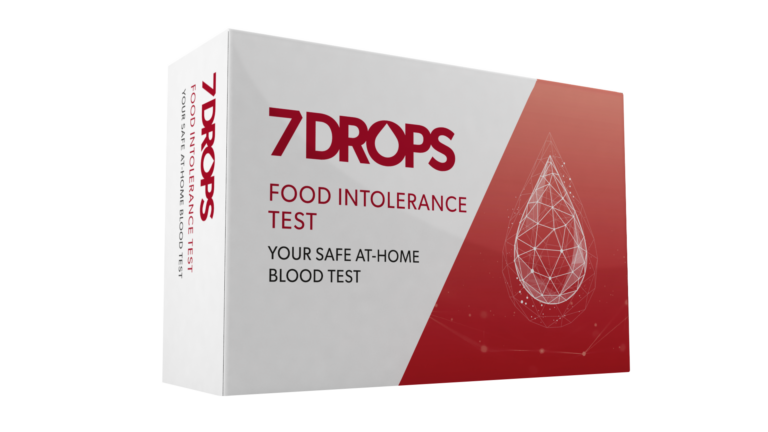

More than 1 in 10 Brits are allergic to their pets. Recent studies show that allergies to cats and dogs affect 10 to 20% of the world’s population.
Animal allergies are triggered by proteins found in …
… of the animals.
All cats and dogs produce several different allergenic proteins. The more animals there are in a household, the higher the concentration of allergens in that household.
There are rumours that the length of a cat’s coat, its gender or whether or not the cat is an indoor-only cat has an influence on the allergens it produces. In truth, none of these have any influence on how high the concentration of cat allergens are in the household.
There is no scientific evidence to support the claim that there are hypoallergenic cat breeds that do not cause allergic reactions in a sensitised patient.
Among dogs, breeds such as poodles or Portuguese water dogs have a reputation for being hypoallergenic. But here, too, it is the same as with cats – there are no hypoallergenic dogs.
But watch out: With dogs, gender does play a certain role. Research has shown that people who are specifically sensitised to the dog allergen Can f 5 may be able to get a female or neutered dog. This is because Can f 5 is produced in the prostate gland of male dogs. Dogs produce six different allergic proteins: Can f 1 to Can f 6. About 30% of all dog allergy sufferers react only to Can f 5.
7DROPS tests all six dog allergens, four cat allergens, and other animal allergens such as horse, rabbit, hamster and more. The full list of allergens tested can be found here.




IT’S NOT A PET ALLERGY?
In some cases, people experience allergy symptoms while at home and assume that their pet is the cause. However, this is not always true: cats and dogs “collect” other allergic substances such as pollen or mould spores in their fur. The more time an animal spends outside, the more allergic substances are collected and transported into the house.
Pet owners who suffer from a pollen allergy experience hay fever symptoms when they are at home with their pet. Often the pet is suspected, but in reality it is the pollen that has been carried into the house via the fur and not animal protein.


